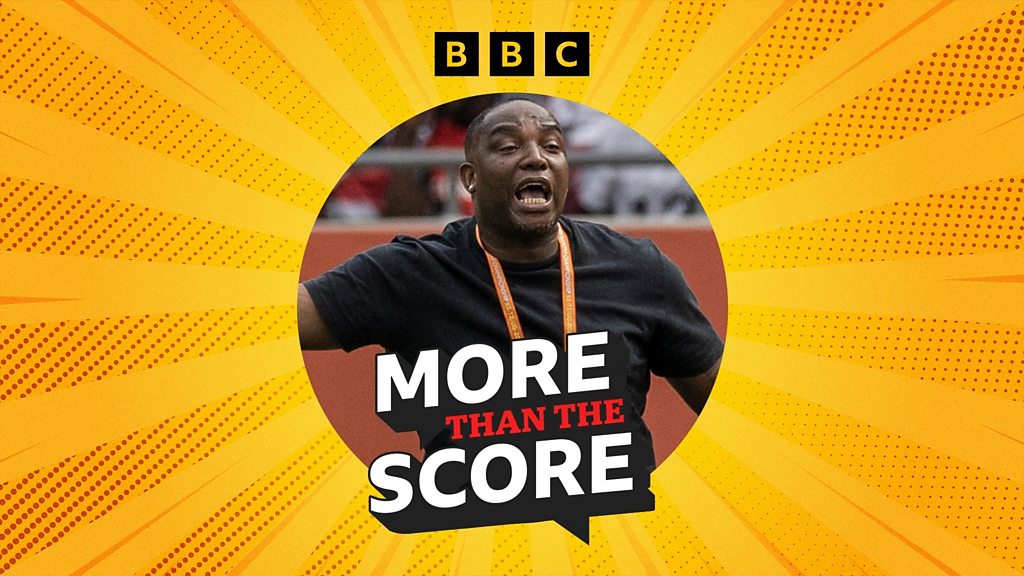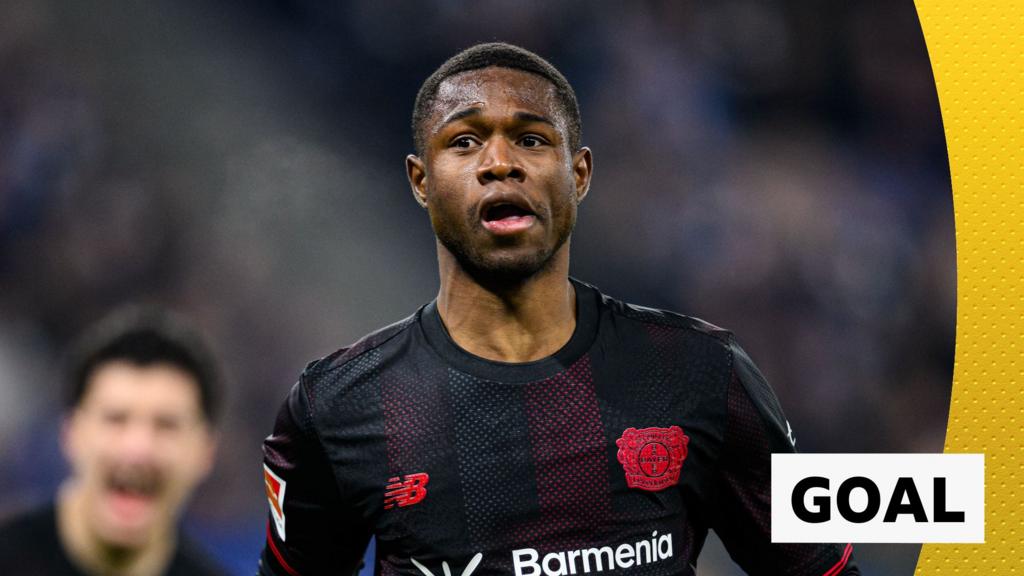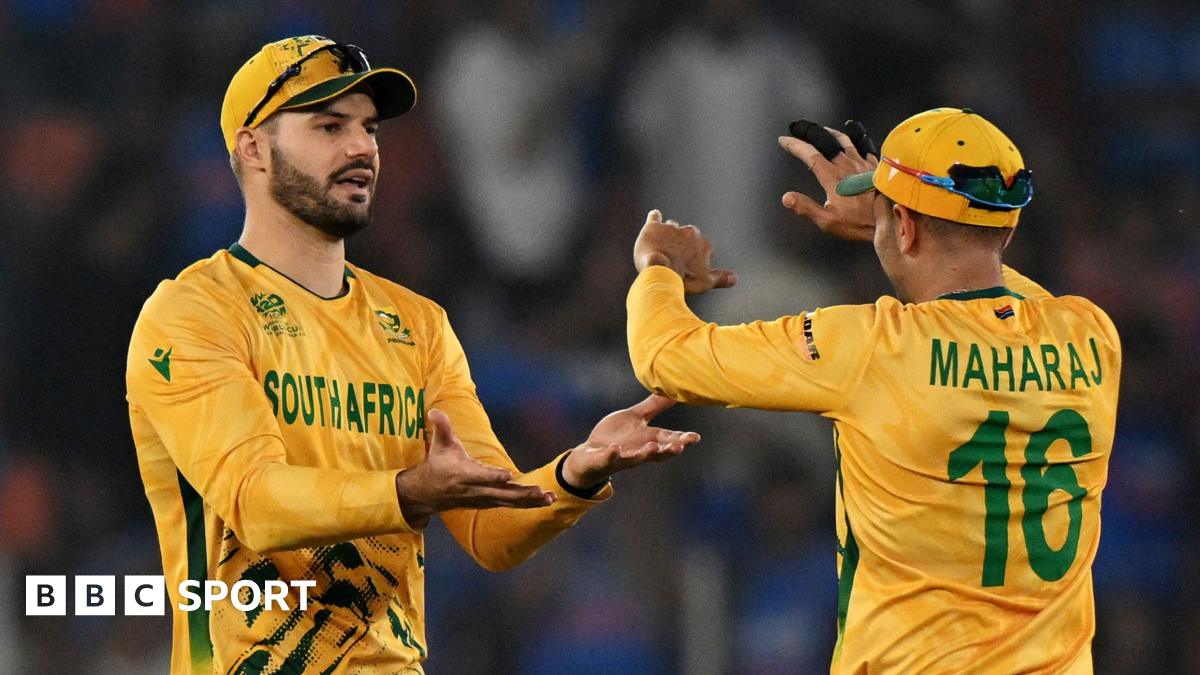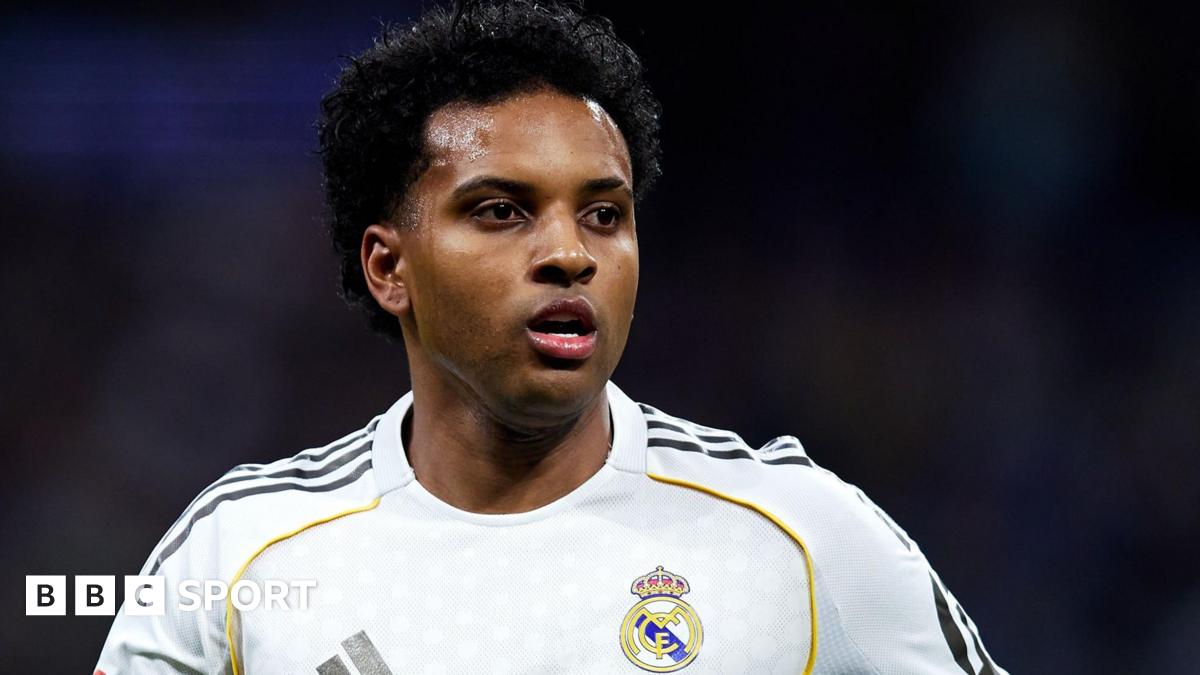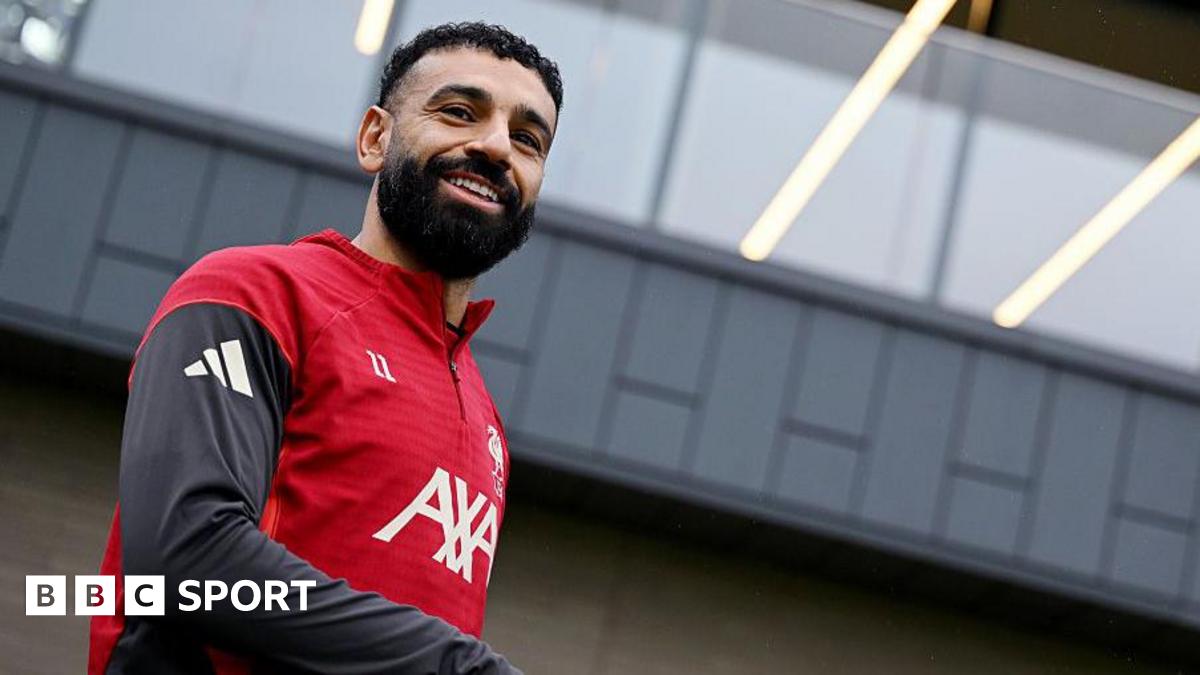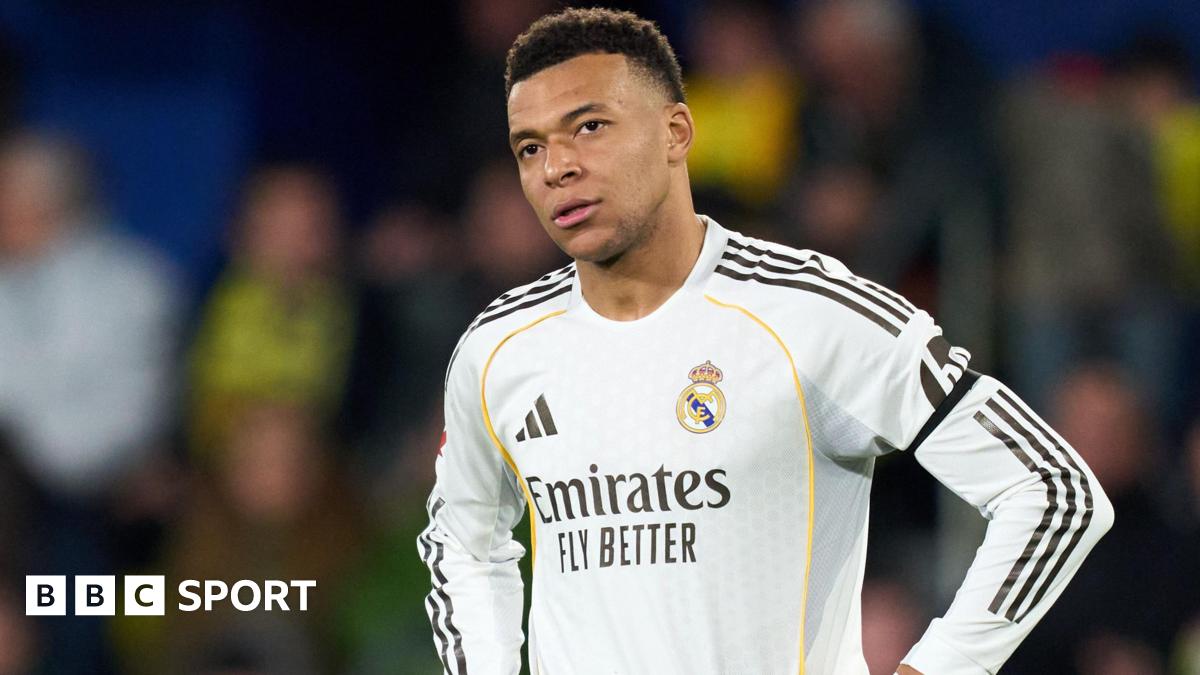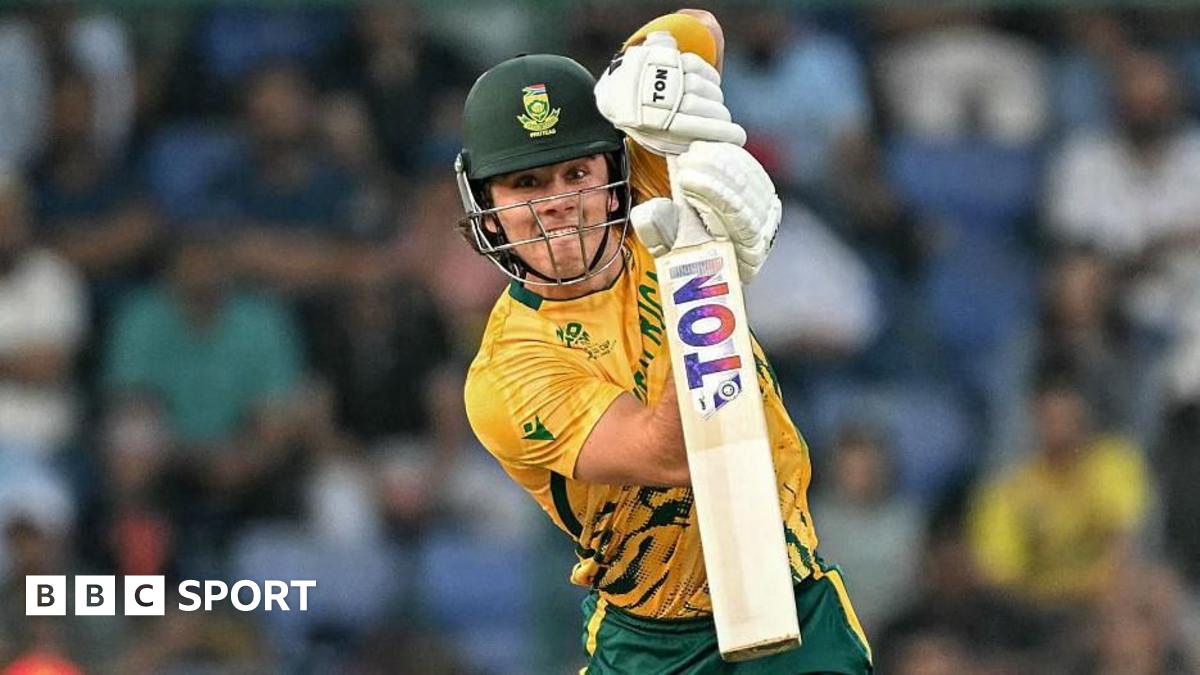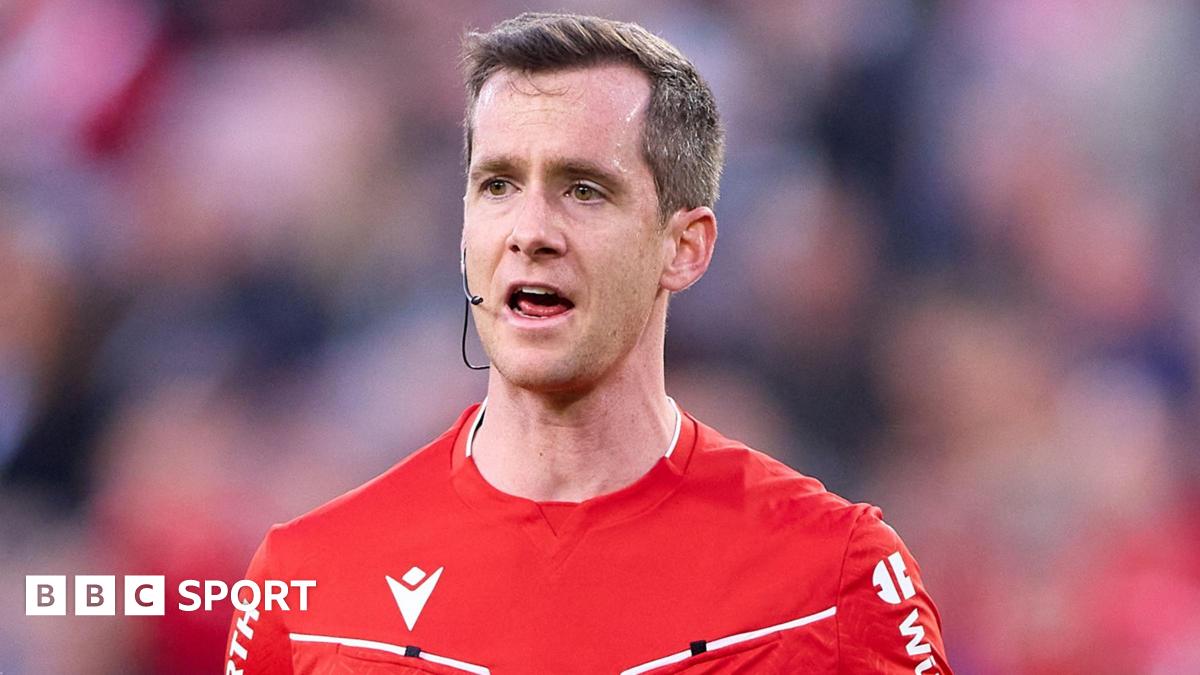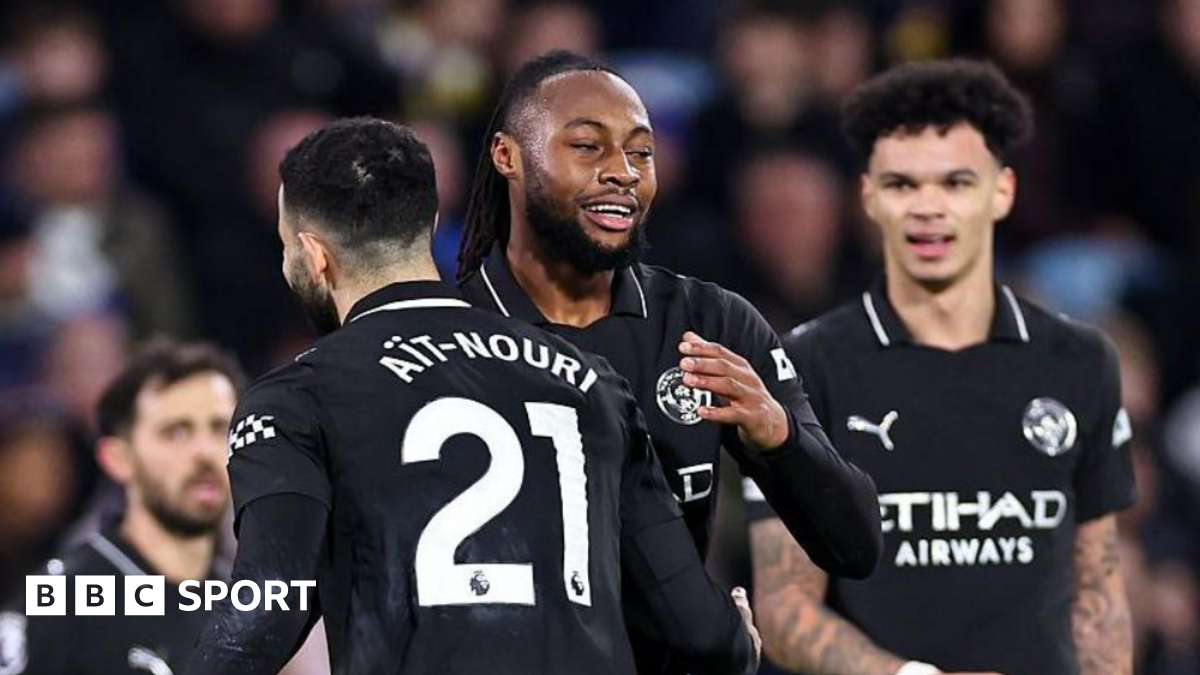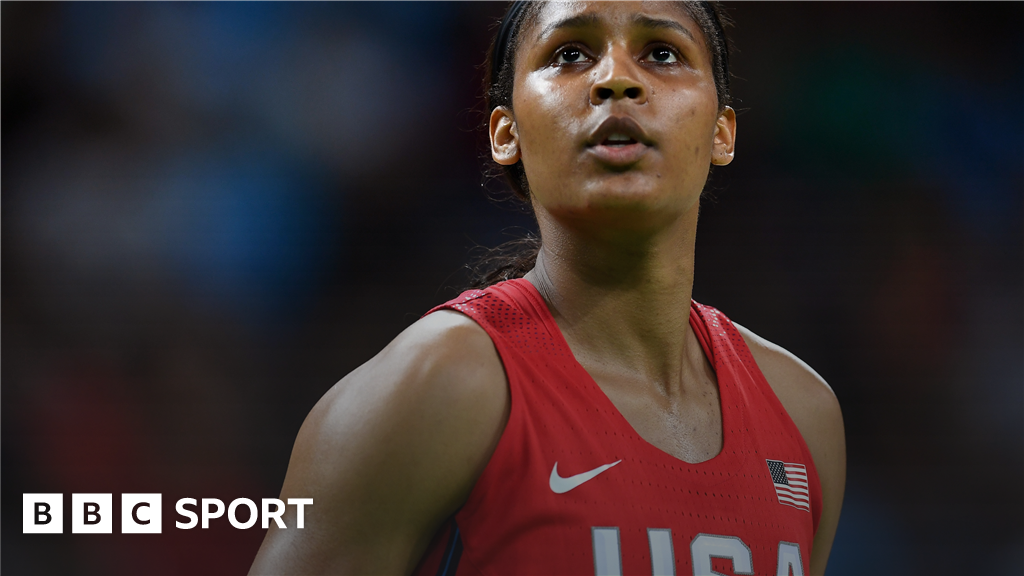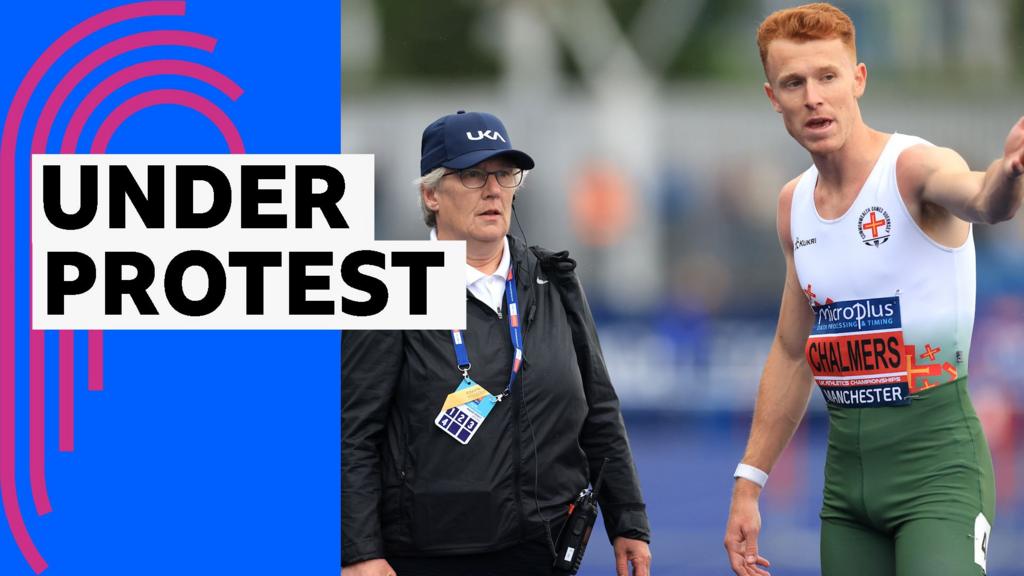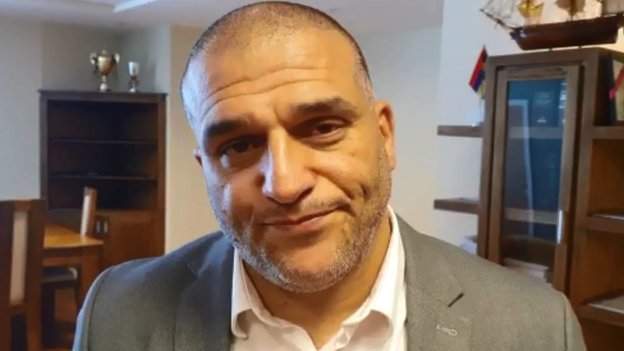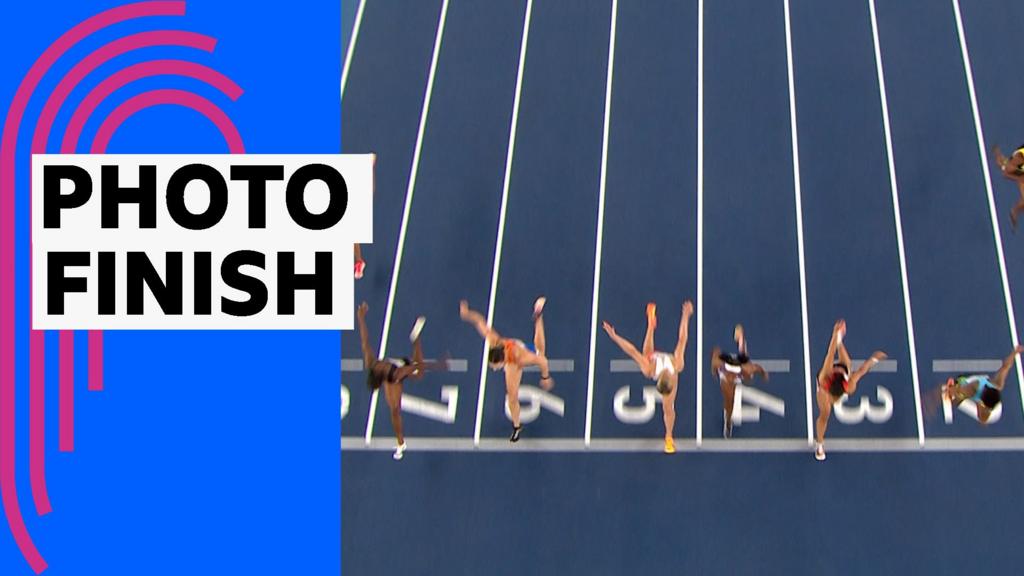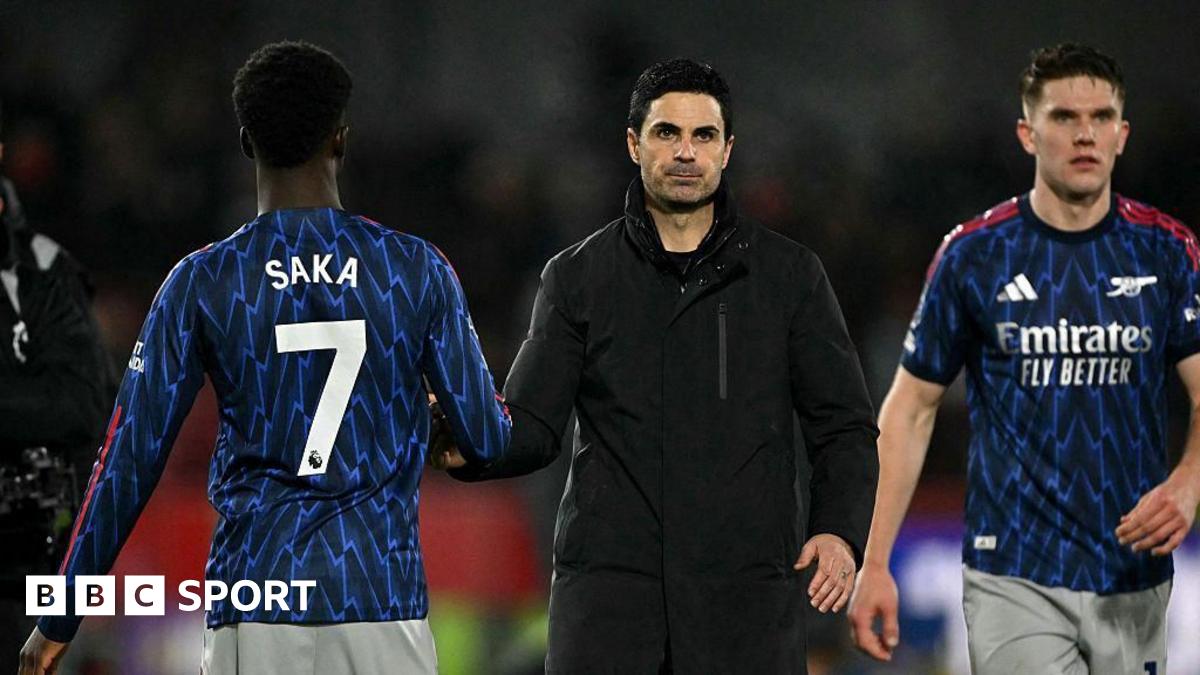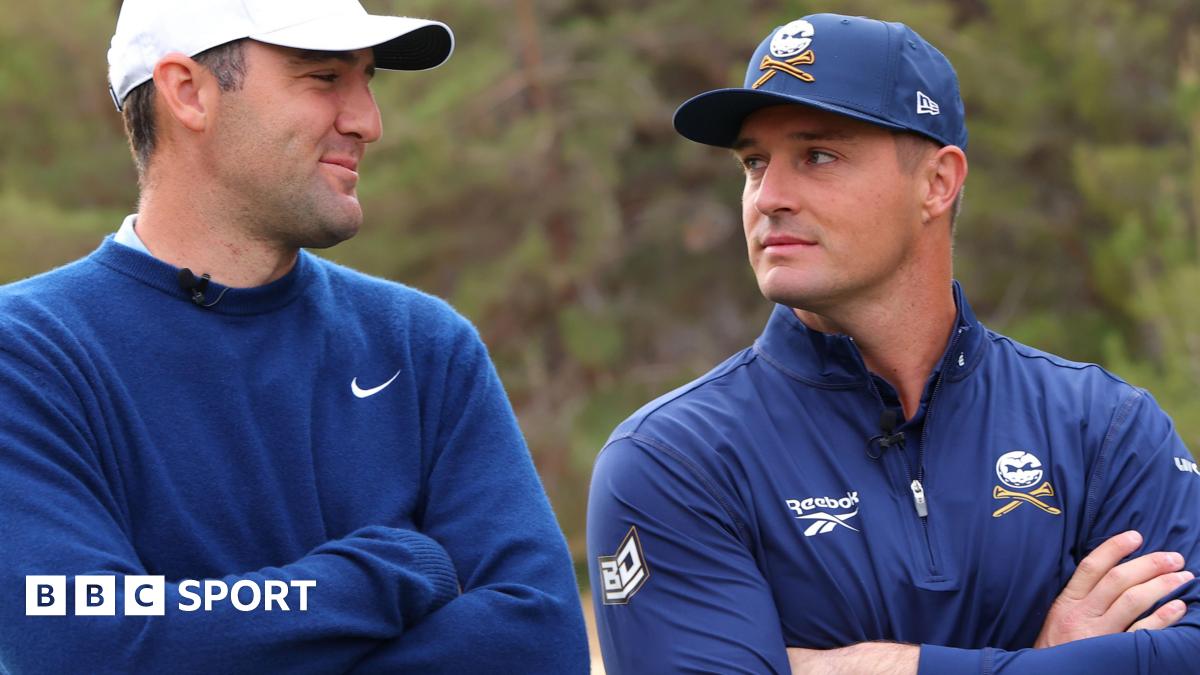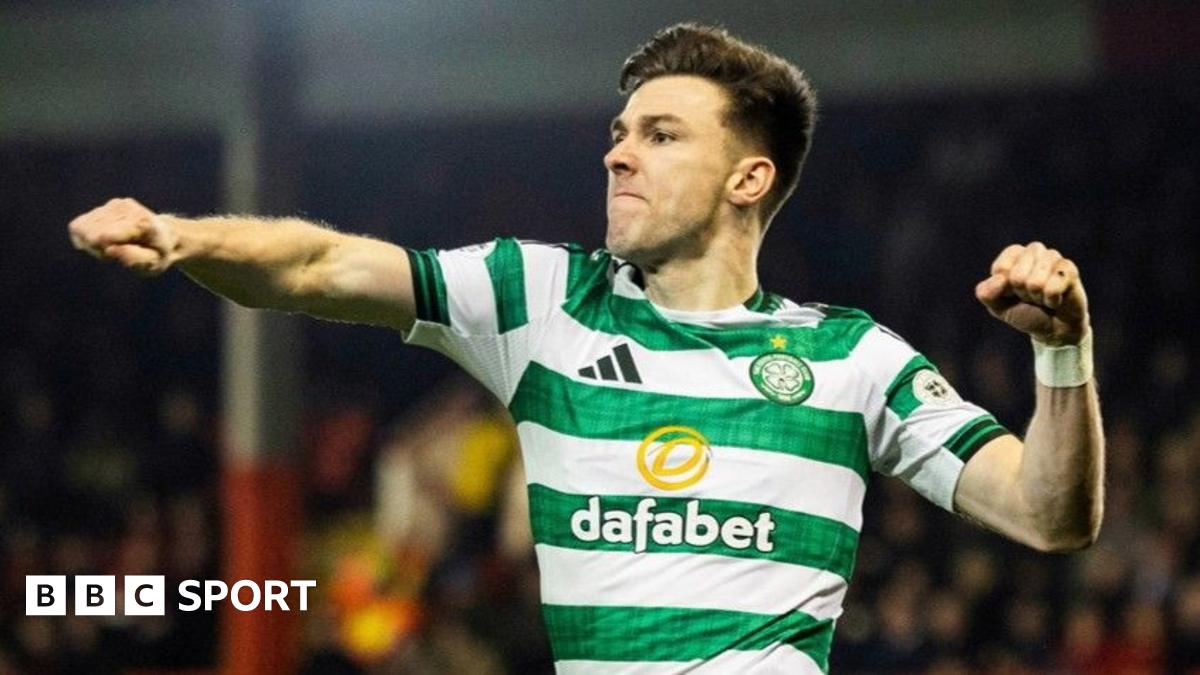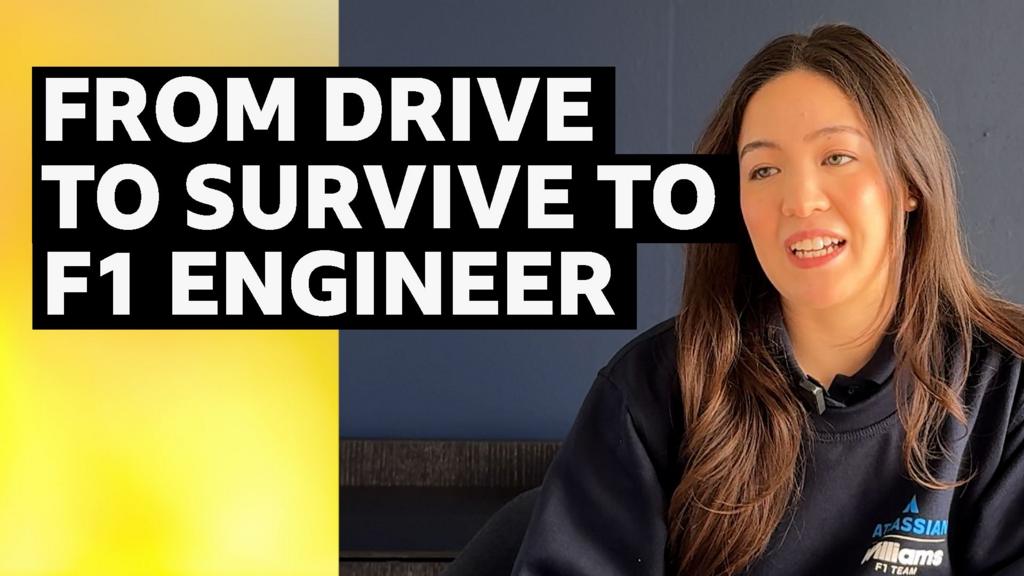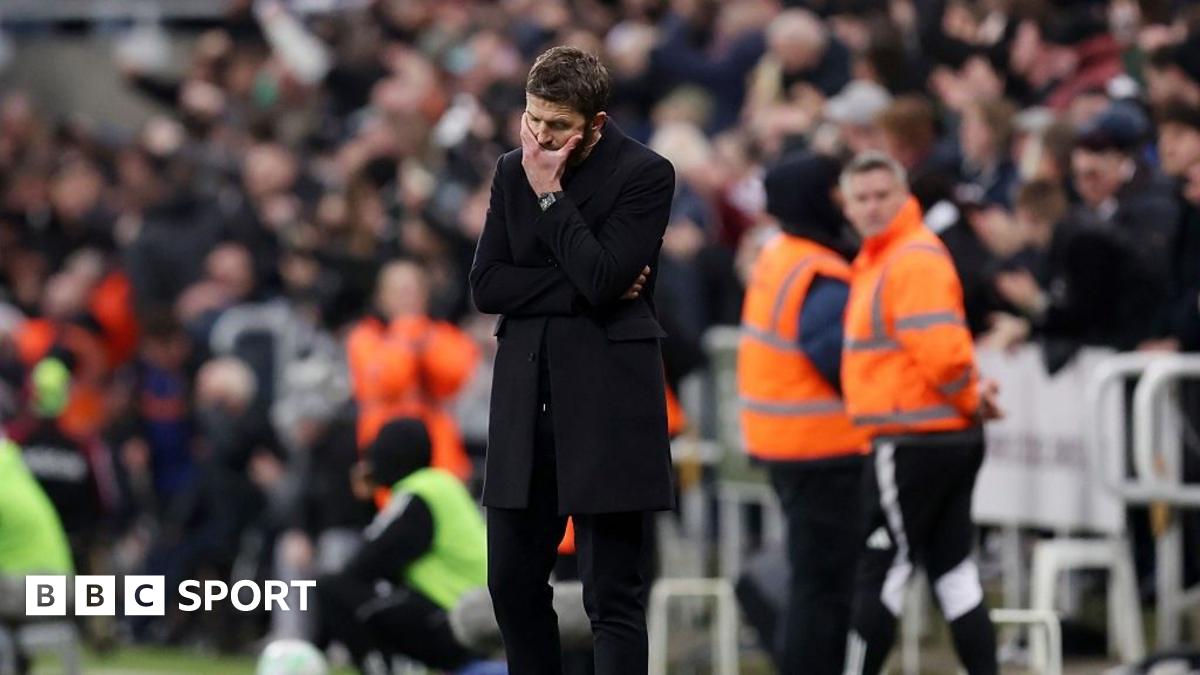At the click of a button, you can sign an online petition to ask for a wrongfully convicted person to be freed. But that is not how Moore operates.
She is not asking every athlete to quit their job and join her. But she also does not care what your social media says. It is what people do when no-one is looking that matters.
Moore fought against the dehumanisation she speaks of by playing checkers with Irons. She visited him on public holidays. When he was freed, she invited Irons into her home.
Her whole philosophy can be boiled down into three words: keep showing up.
“If you have any sort of power or resources, you give it up and you power others,” she says.
Moore believes in sacrificing what she has to lift others up and in turn become a better person.
It is a selflessness many of us would not have the strength to access. But selflessness is perhaps what the world needs to drive real change.
And being so intertwined with one man’s future means that, though she has been successful on this occasion, she knows exactly how hard the struggle could get.
When asked what she has learned in the process of Irons’ release, the list is lengthy and the scope of issues overwhelming.
Should drug laws be changed? Are the police overfunded? Are they underfunded? What is better, punitive or restorative justice? How can voting procedures be changed?
Prosecutorial reform has been the main focus of Moore’s and Irons’ fight. But she now knows the importance of criminal justice reform and of changing the USA’s approach to imprisonment.
“It’s so broad,” says Moore.
“When I first started getting educated I was so overwhelmed – as we all are, those who have been having their eyes opened more recently.”
If there is an immense amount of work to do, Moore knows she cannot do it all and she is not alone in her fight.
She has inspired other athletes to follow her lead. Former University of Connecticut team-mates Renee Montgomery and Tiffany Hayes are both taking this WNBA season off to help with voter registration and social justice reform.
For now, Moore will be sticking to prosecutorial reform. Her campaign, Win With Justice, seeks to challenge a “win” culture that is considered to be “eroding the trust our community must have in those charged with promoting public safety”.
She says: “I see such a connection between sports and the leadership that prosecutors have of winning and losing. What is a win and what is a loss?
“I will continue to try to help and share and empower others to do the same.”
It is not yet clear what form Moore’s continued work will take, nor whether she will return to basketball.
The release of Irons, who is now 40, may be the end of one journey for him and for Moore, but it will not be the end of their friendship.
“I can’t,” Irons says when Moore asks him to describe his emotions for the camera capturing the moment of his release.
He shakes his head a few times before eventually muttering: “Life.”
He pauses, then continues: “I feel like I can live life now. I thank everybody that supported me – Maya and her family. I’m so grateful to have somewhere to be home.”
He wipes tears from his eyes before pulling up a face mask that was made for him by other inmates.
It has “hope” written on it because that is what they need. That is what Irons and Moore have needed for the past 13 years.
“I’m not going to forget them,” he says. “And I’m going to help the ones that I can.”

